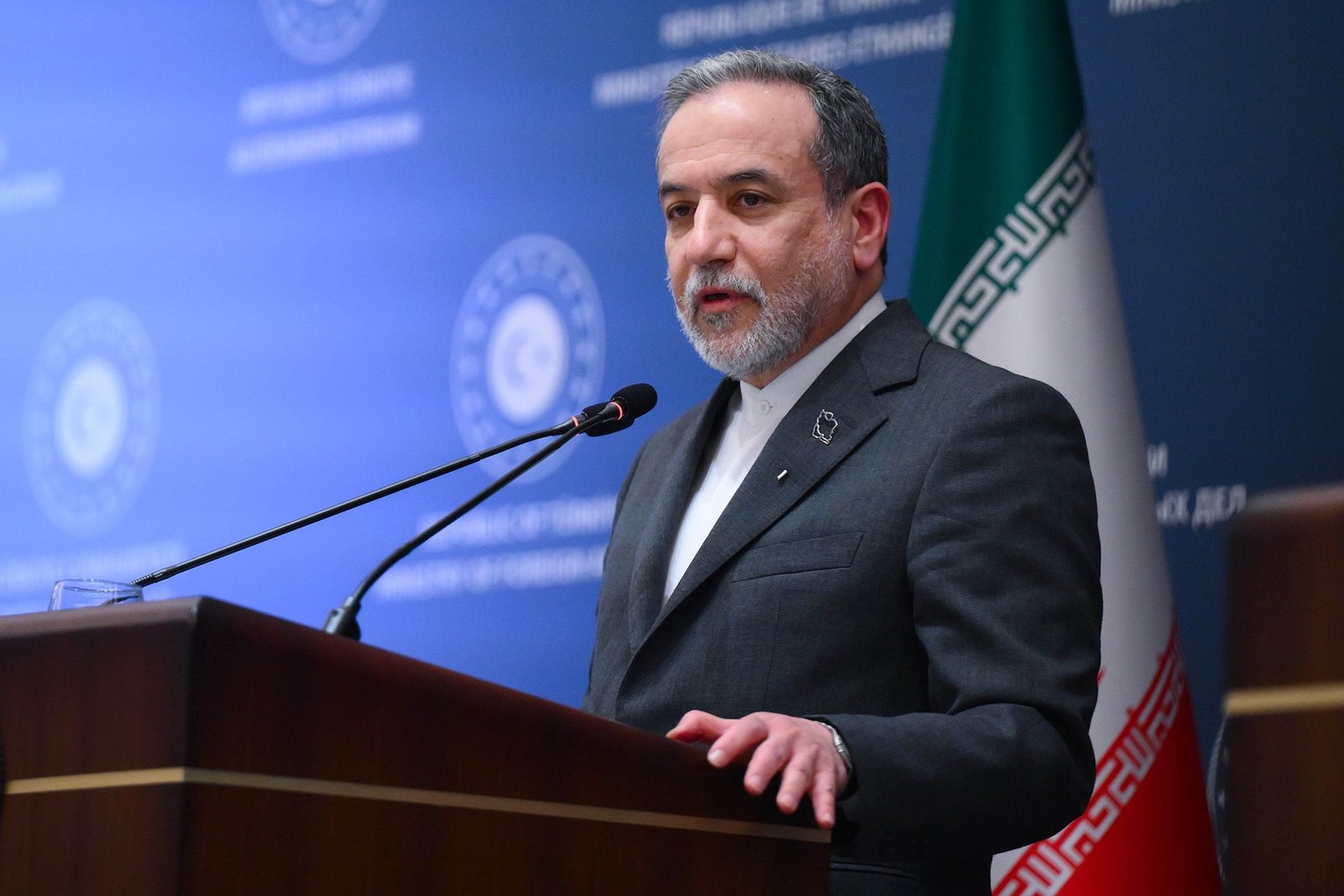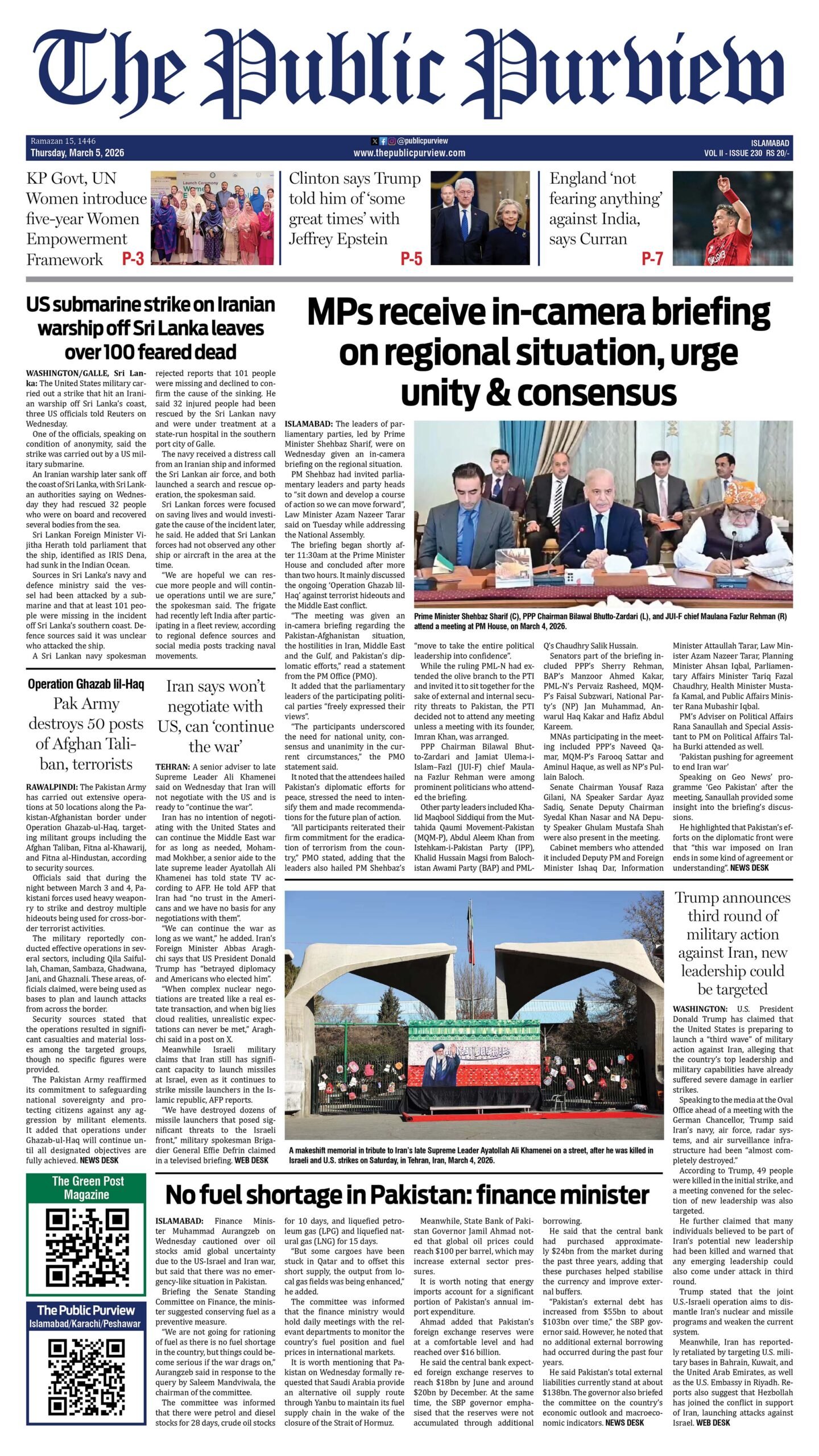By Abid Ali Khan
Qari Akhtar Zaman Chishti Highlights the Virtues of 1st Muharram and the Legacy of Hazrat Umar Farooq (RA). A solemn and spiritually uplifting Friday sermon was delivered by renowned naat reciter and Islamic scholar, Qari Akhtar Zaman Chishti, at Jamia Masjid Khulafa-e-Rashideen, Pehai, where he eloquently reflected on the virtues of 1st Muharram, the martyrdom of Hazrat Umar Farooq (RA), and the unmatched character and leadership of the second Caliph of Islam.
During his sermon, Qari Chishti described the 1st of Muharram not only as the beginning of the Islamic calendar year, but also as a day of reflection, renewal of character, accountability, principle-based living, and honesty, marking the martyrdom of the Flagbearer of Justice – Hazrat Umar Farooq (RA).
He described Hazrat Umar (RA) as a paragon of courage, justice, moral clarity, and unwavering commitment to truth. His unique ability to distinguish between right and wrong earned him the title “Al-Farooq”, which was bestowed by none other than the Holy Prophet Muhammad ﷺ himself. “Hazrat Umar (RA) was not merely a ruler,” he emphasized, “he was the beloved of the Prophet ﷺ and a model of ideal Islamic governance.”
Qari Chishti drew a stark comparison between the governance of Hazrat Umar (RA) and today’s leadership. “If the Muslim world and Pakistan are facing crises today,” he said, “it is because our rulers lack the will and moral courage to follow in the footsteps of Hazrat Umar (RA).” He recalled how Umar (RA) would patrol the streets at night, feed hungry children, respond to the cries of the oppressed, and refrained from taking even a grain from the public treasury for personal use.
“In contrast,” he said, “today’s rulers are immersed in protocols, corruption, and power lust. The people are burdened under the weight of inflation, poverty, and injustice, while those in power remain deaf to their cries.” He cited the famous saying attributed to Hazrat Umar (RA), “If a dog dies hungry on the banks of the Euphrates, Umar will be held accountable,” and contrasted it with the lavish lifestyles and indifference of contemporary leaders.
Qari Chishti concluded his sermon by emphasizing that the Muslim Ummah today is in dire need of a leader like Hazrat Umar (RA) — one who governs with justice, humility, and accountability. “As we enter a new Islamic year,” he said, “let us not merely change the calendar, but resolve to change our thinking, systems, and attitudes.”
The sermon ended with prayers for the soul of Hazrat Umar (RA), for the unity of the Muslim Ummah, the establishment of justice and equity, and for pious and visionary leadership to rise in the Muslim world.







 Today's E-Paper
Today's E-Paper